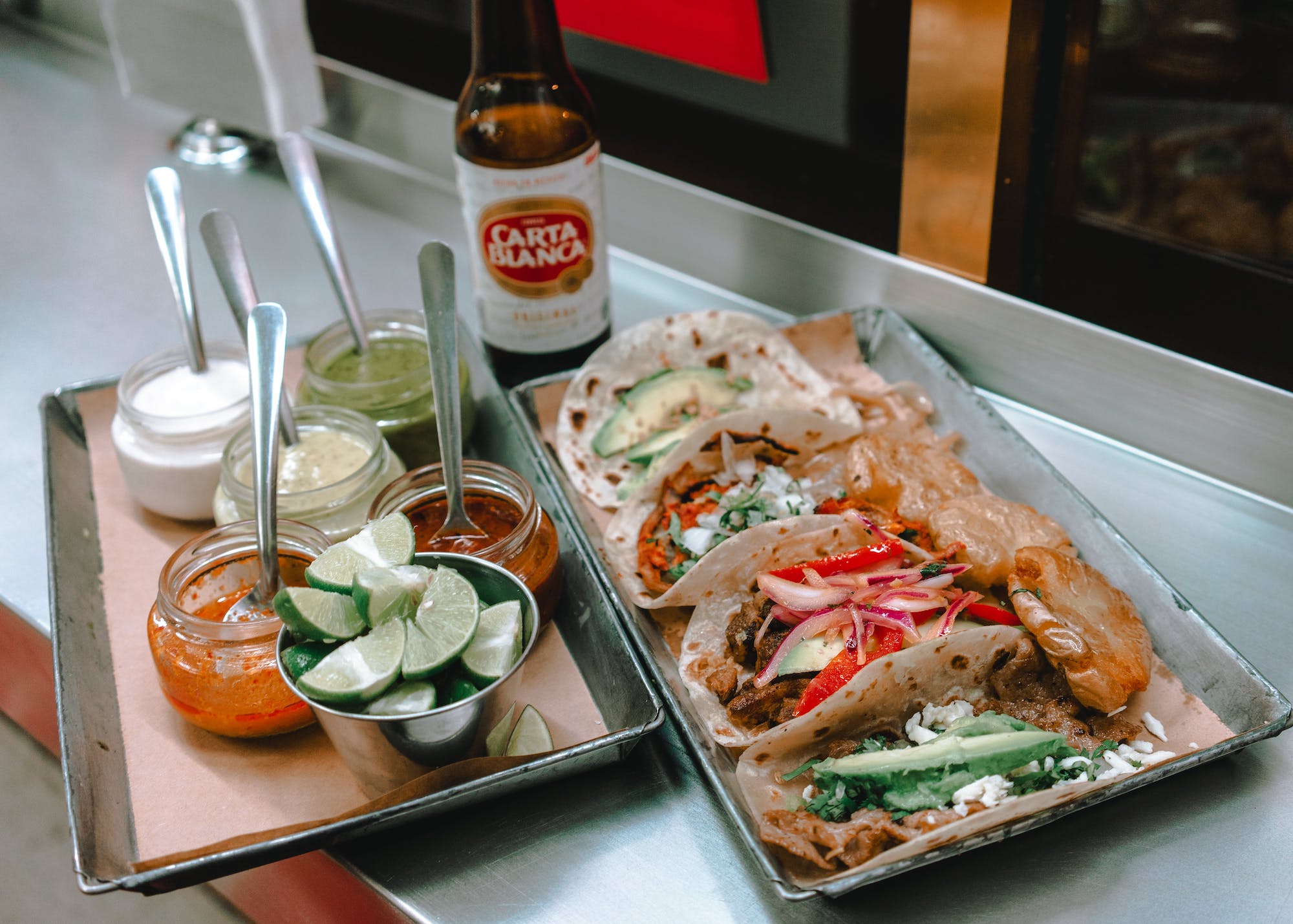Relocating to Mexico City, a metropolis rich in history and culture, can be an exhilarating experience. However, the transition involves more than just learning to navigate a new city; it’s about immersing oneself in a new culture. Understanding the main cultural differences can significantly ease this transition, enhancing the expatriate experience. Here’s a look at some key cultural nuances that foreigners might encounter.
Social Etiquette and Communication
One of the most notable aspects of Mexican culture is the warmth and friendliness of its people. Social interactions often involve close physical contact, such as hugs and cheek kisses, even among new acquaintances. This might contrast with more reserved forms of greeting found elsewhere. Additionally, communication tends to be indirect, with an emphasis on politeness and avoiding confrontation. It’s common for people to use euphemisms or roundabout ways of saying ‘no’ to maintain harmony and respect in conversations.
Time Perception
The concept of time in Mexico City can be more flexible compared to other cultures. Meetings and social gatherings often start later than scheduled, and deadlines can be seen as more fluid. This relaxed attitude towards time, known as “Mexican time,” reflects a broader focus on people and relationships over strict adherence to schedules. Adapting to this pace can require patience and flexibility from newcomers.
Family Values
Family is the cornerstone of Mexican society, with extended family gatherings being a regular and important part of life. These gatherings are not only a time for eating and socializing but also for strengthening bonds and offering support. Respect for elders is paramount, and familial obligations often take precedence over individual desires. For foreigners, understanding the depth of these family connections can offer insight into the social fabric of Mexico City.
Food Culture
Mexican cuisine is a UNESCO Intangible Cultural Heritage, and for good reason. Meals are an elaborate affair, often shared with family and friends, and are a significant part of daily life. Street food also plays a vital role in the culinary landscape, offering delicious and affordable options at every turn. However, meal times might differ from what foreigners are accustomed to, with lunch (the main meal) typically served between 2 and 4 pm, and dinner often eaten later in the evening.
Festivals and Holidays
Mexico City is renowned for its vibrant festivals and holidays, which are celebrated with enthusiasm and color. These events, from Dia de los Muertos (Day of the Dead) to Independence Day, are deeply rooted in Mexican history and spirituality. Participating in these festivities can provide a deeper understanding of the country’s traditions and values.
Work Culture
The work environment in Mexico City is characterized by a strong hierarchical structure, where age and position command respect. Decision-making tends to flow from the top down, and personal relationships often influence business dealings. Establishing trust and rapport is crucial in the professional realm, sometimes making business interactions slower than what some might be used to.
Conclusion
Adjusting to life in Mexico City involves embracing a myriad of cultural differences that can enrich the expatriate experience. From social norms and time perception to family values and festive traditions, these cultural aspects offer a window into the Mexican way of life. By approaching these differences with an open mind and respect, foreigners can not only navigate but also thoroughly enjoy the transition to this dynamic and welcoming city.

